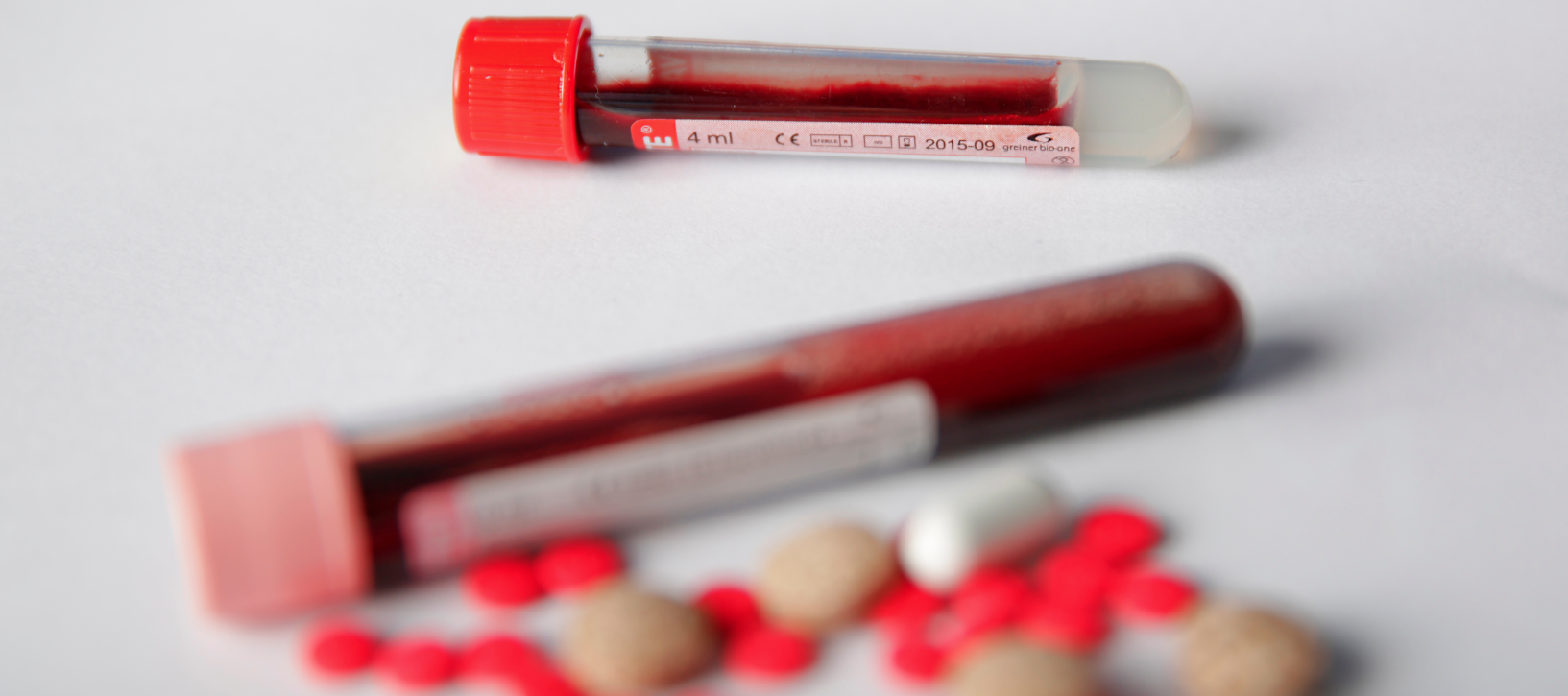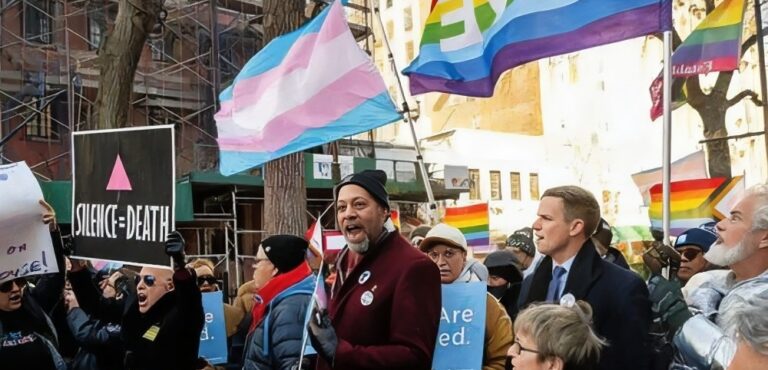
Experts Say SA’s New Mandatory Blood Testing Bill Perpetuates Stigma Of HIV

Thorne Harbour Health has voiced strong opposition to South Australia’s proposed Criminal Law (Forensic Procedures) (Blood Testing) Amendment Bill 2024, expressing concerns over its scientific foundation and the potential for increased stigma against individuals living with blood-borne viruses (BBVs).
The bill aims to protect frontline emergency services personnel by mandating blood testing of individuals who spit at or bite them.
However, experts argue that this approach lacks efficacy and may perpetuate misinformation.
Blood Testing Bill: “The bill, as drafted, does not consider the actual risk of transmission.”
Paul Kidd, Vice President of Thorne Harbour Health and Secretary of the HIV Justice Network, criticised the bill’s methodology, stating, “We support policies that ensure a safe workplace for all workers, including emergency services personnel. However, this bill is not an evidence-based approach to achieving that goal. It creates unnecessary anxiety for workers and does nothing to improve public health outcomes.”
Kidd further highlighted a critical oversight in the legislation: “The bill, as drafted, does not consider the actual risk of transmission.”
The Australasian Society for HIV, Viral Hepatitis and Sexual Health Medicine has consistently maintained that mandatory testing for BBVs is neither effective nor evidence-based.
Medical evidence indicates that viruses such as HIV, Hepatitis B, and Hepatitis C cannot be transmitted through saliva, rendering spitting an unlikely mode of transmission.
Additionally, experts recommend that testing should occur within 72 hours of potential exposure to allow for prophylactic interventions like post-exposure prophylaxis (PEP).
The bill’s proposed six-month testing window is considered both ineffective and misleading.
The blood testing bill was introduced to the South Australian Parliament on 16 May 2024 by Attorney-General Kyam Maher, fulfilling an election commitment to safeguard emergency workers from communicable diseases.
Maher emphasised the government’s dedication to supporting frontline personnel, stating, “The government has made it a priority to support frontline emergency workers who take on high-risk roles in order to keep the community safe.” He acknowledged the challenges faced by these workers, noting that they “are all too often assaulted, bitten or spat upon in the course of their duties.”
Despite these intentions, advocates for individuals living with BBVs argue that the bill could exacerbate existing prejudices.
Kath Leane, President of Positive Life SA, stated: “People living with HIV continue to face stigma across many aspects of our lives, including in our interactions with police. It’s vital that emergency workers understand how HIV is transmitted and when they are at risk of transmission. There have been zero recorded cases of HIV transmission to an on-duty police officer in Australia.”
Leane further cautioned against the potential harm of the legislation: “By promoting inaccurate information about how BBVs are transmitted, this legislation does more harm than good. Not only does it put emergency workers at risk of misunderstanding real threats, but it also increases discrimination against people living with HIV.”
Thorne Harbour Health remains committed to collaborating with the South Australian Government to develop policies that protect both emergency workers and communities affected by BBVs.
However, the organisation cannot endorse the bill in its current form, citing concerns over its scientific validity and potential societal repercussions.
As the debate continues, it is imperative for policymakers to consider evidence-based approaches that ensure the safety of emergency personnel without perpetuating stigma or misinformation. Engaging with medical experts and affected communities will be crucial in crafting legislation that balances public health priorities with the rights and dignity of all individuals.











This proposed change to the law is, patently absurd. It has long-since been prove, and proven beyond any possible doubt, that HIV cannot be spread in saliva, yes if an offender bights someone and her/his blood comes in contact with the bllod of the person she/he has bitten then there is a chance of transmission. Just what are SA Attorney-General Kym Maher’s Qualifications in Medicine or Medical Science that he and the SA Premier, Peter Malinauskas base their decision to introduce yet another piece of Discriminatory and Dishonest Legislation? It should be remembered that one of the Main reasons Homosexuality was decriminalised by then SA Premier, Don Dunstan was because of Don’s own sexuality. he was said to be “Bisexual” but at the time many, many Homosexual men married for convenience and so as to ensure they kept their jobs. SA’s Politicians, and almost all other politicians across Australia were Homophobic. The SA Liberals at the time would have loved to have seen Dunstan, who was about the only truly popular politican in SA, brought down if he had been charged for having had sex with another man or simply been accused of being homosexual. The changes to the law were, in part, solely for Don’s own protection. Dr George (Ian) Duncan was Murdered by members of the SA Police and, typically, no-one has ever been found guilty of the Murder though there was a half, or is that 1/4, hearted attempt to charge two cops and, just as typically, the Brotherhood of the Police stuck together and conveniently did not do the job they are sworn to do which was to find Duncan’s killers.
We will never rid ourselves of Discrimination be it Sexist or Racist.